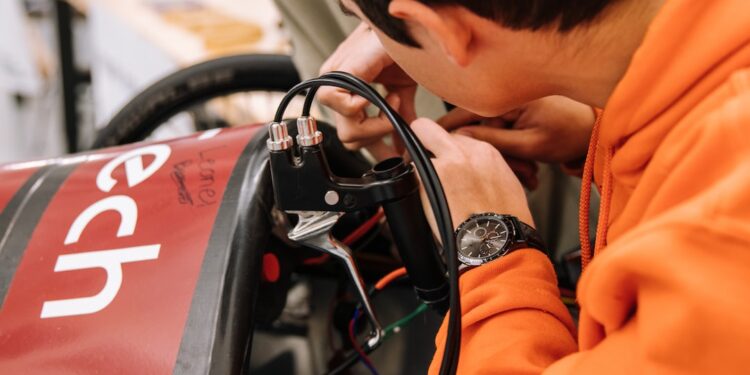Engineering Solutions for Sustainable Agriculture and Food Production
In today’s world, with a rapidly growing population and shrinking arable land, it has become imperative to find innovative engineering solutions for sustainable agriculture and food production. This is not just about ensuring food security for all, but also about preserving our planet’s resources for future generations. Fortunately, engineers are playing a crucial role in developing innovative technologies and systems to address these challenges.
One significant area where engineering solutions are making a difference is in precision farming. Precision farming involves the use of advanced technologies, such as GPS, remote sensing, and data analytics, to optimize the use of resources and maximize crop yield. By using precise measurements and real-time data, farmers can minimize the use of fertilizers, pesticides, and water while maximizing the productivity of their fields. This not only reduces the environmental impact of agriculture but also increases efficiency and profitability for farmers.
Another engineering solution that is revolutionizing agriculture is vertical farming. Vertical farming involves growing crops in vertically stacked layers, often in urban environments, using artificial lighting and controlled environments. By utilizing advanced hydroponics and aeroponics systems, vertical farming maximizes the use of space, reduces the need for water and pesticides, and allows for year-round crop production. This innovative approach has the potential to significantly increase food production without expanding agricultural land, making it an ideal solution for densely populated areas.
Engineering solutions are also being employed to tackle post-harvest losses, which account for a substantial percentage of food waste worldwide. Engineers are developing improved storage facilities with advanced temperature and humidity control systems to reduce spoilage and extend the shelf life of agricultural produce. They are also creating innovative packaging materials that inhibit microbial growth and protect against physical damage, ensuring that food reaches consumers in optimal condition.
To address water scarcity, engineers have developed efficient irrigation techniques, such as drip irrigation and precision sprinklers, which allow for precise application of water directly to the plant roots. These techniques reduce water wastage and minimize soil erosion, thereby conserving water resources and maintaining soil fertility. Additionally, engineers are working on desalination technologies to convert seawater into freshwater, which could be a game-changer for areas with limited freshwater resources.
Furthermore, engineering solutions are being applied to reduce the environmental footprint of agriculture. For instance, engineers are working on developing sustainable biofuels derived from agricultural waste products, such as crop residues and manure. These biofuels offer a renewable and environmentally friendly alternative to fossil fuels and can be used to power agricultural machinery, reducing greenhouse gas emissions.
In conclusion, engineering solutions are playing a pivotal role in sustainable agriculture and food production. Precision farming, vertical farming, advanced storage and packaging technologies, efficient irrigation techniques, and sustainable biofuels are just a few examples of how engineers are contributing to the development of sustainable agricultural systems. As the global population continues to rise, it is essential to continue investing in research and development of innovative engineering solutions to ensure food security, minimize environmental impact, and preserve our planet’s resources for future generations. By combining scientific advancements with engineering expertise, we have the power to create a sustainable and food-secure future.















